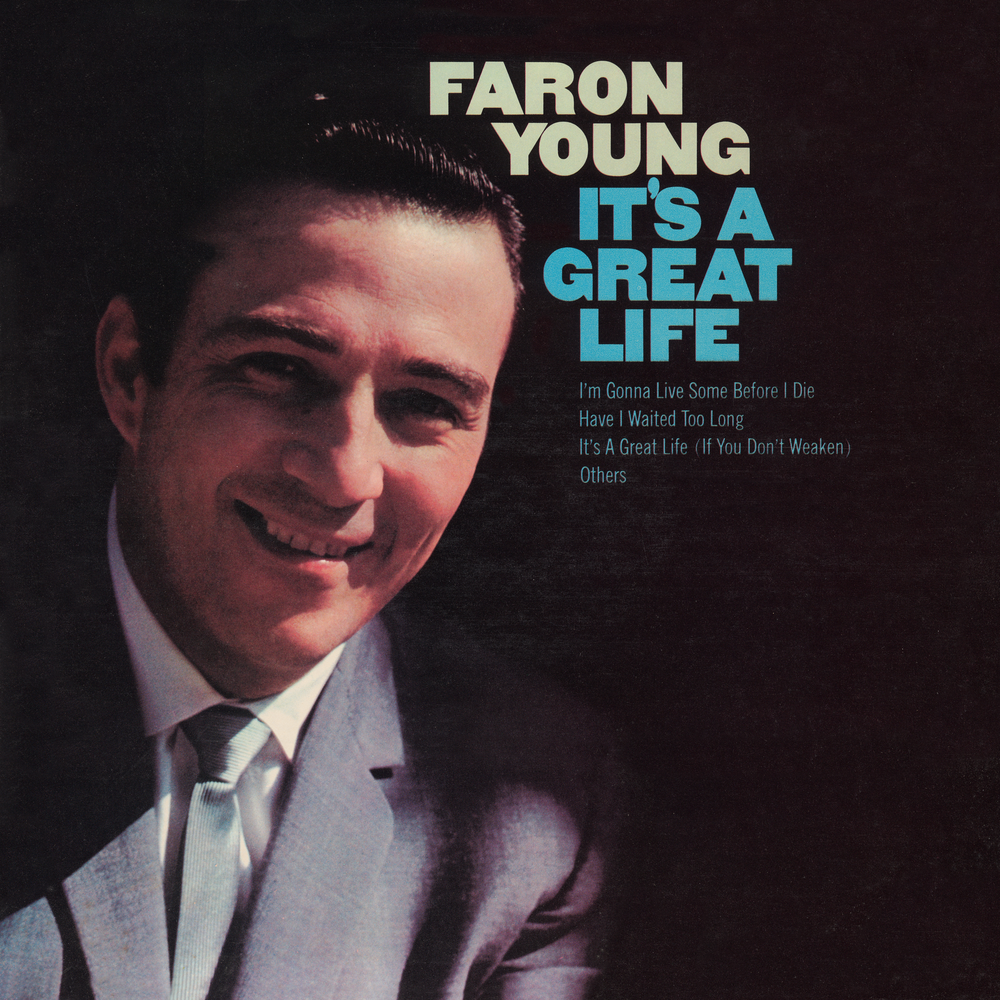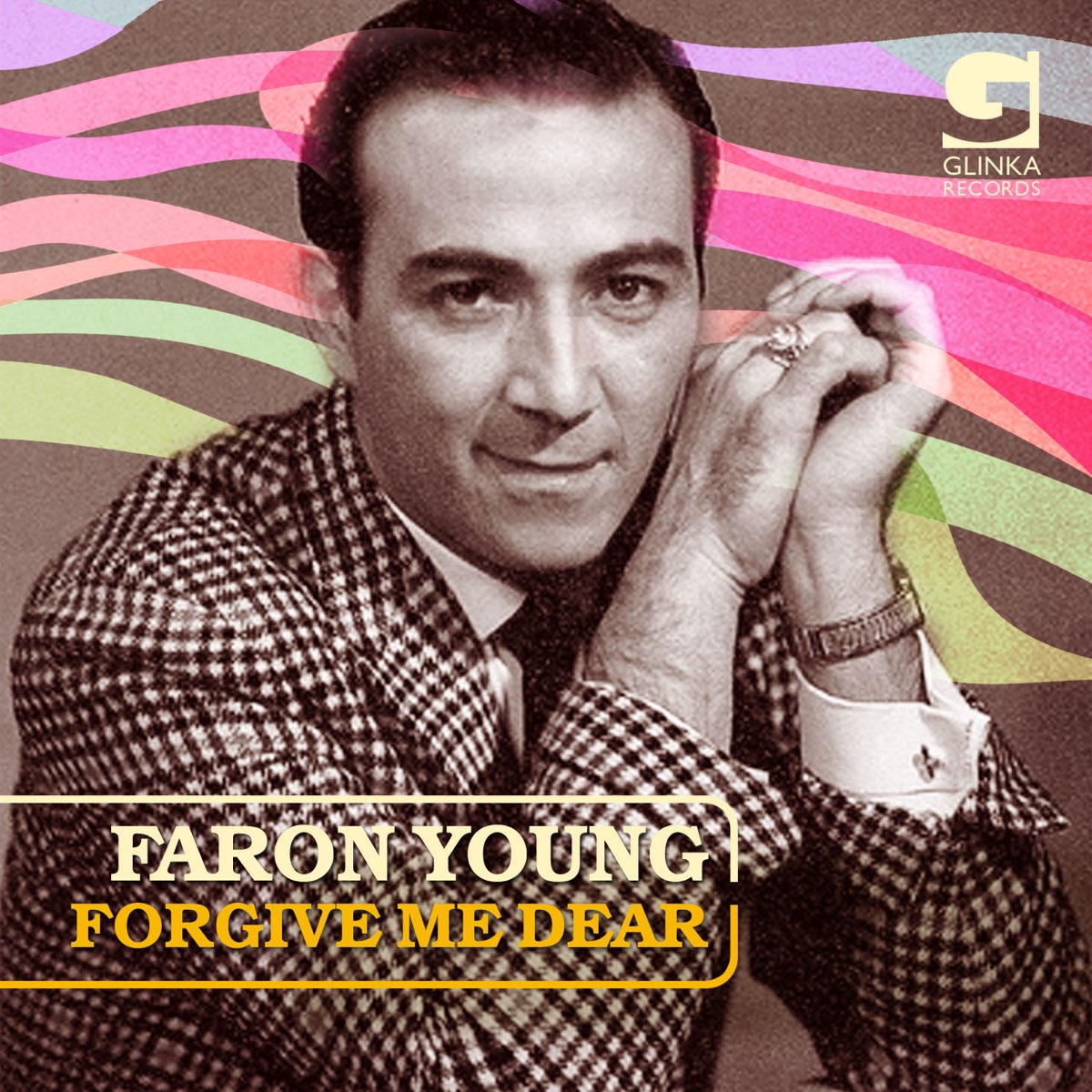
Embracing the Wild and Restless Spirit of Youth
In the golden age of country music, few songs captured the raw, untamed spirit of youth quite like “Live Fast, Love Hard, Die Young” by the legendary Faron Young. Released in 1955, this track resonated deeply with a generation that was beginning to question the constraints of societal norms and yearned for a life lived fully and freely. The song rocketed to prominence, reaching No. 1 on the Billboard country charts, marking Young’s first chart-topping single. Its success not only cemented Faron Young’s place in the annals of country music history but also defined an era characterized by rebellion and fervent passion.
The mid-1950s was a transformative period in America, a time when the echoes of post-war optimism mingled with a burgeoning sense of individualism. Against this backdrop, “Live Fast, Love Hard, Die Young” emerged as an anthem for those eager to seize life by the horns. The song’s message is clear and unapologetic: embrace life with intensity and without reservation. It’s a sentiment that resonated deeply with the youth of the time—those who sought adventure and meaning beyond the mundane routines prescribed by previous generations.
Faron Young, known affectionately as “The Singing Sheriff,” was a charismatic figure whose vibrant personality and distinctive voice captivated audiences. His ability to convey deep emotion and authenticity through his music made him a beloved figure in country music circles. With “Live Fast, Love Hard, Die Young,” Young tapped into a universal desire to experience life at its fullest—an aspiration that transcends time and continues to echo in the hearts of listeners today.
The story behind the song is as compelling as its lyrics. Written by Joe Allison, it was inspired by a conversation about James Dean, an icon of youthful rebellion who epitomized the live-fast philosophy. Tragically, Dean’s untimely death would soon mirror the very essence of Allison’s lyrics, adding an eerie poignancy to the song’s theme. In this light, “Live Fast, Love Hard, Die Young” becomes more than just a catchy tune; it transforms into a cultural commentary on mortality and the fleeting nature of life.
Listening to this classic track evokes a sense of nostalgia—a reminder of simpler times when dreams were pursued with reckless abandon and love was felt with an intensity that defied logic. For older generations who lived through these transformative years, Young’s music serves as both a time capsule and a testament to their own youthful exuberance. The song invites listeners to reflect on their own journeys and rekindle that fiery spirit that once drove them to chase after their dreams.
In contrast, “Forgive Me Dear,” which served as the B-side to this hit single, offers a poignant counterbalance with its themes of remorse and longing for redemption. Together, these tracks encapsulate the duality of human experience—the joyous highs of living boldly contrasted against moments of introspection and regret.
Ultimately, “Live Fast, Love Hard, Die Young” endures not merely as a relic of its time but as a timeless reminder of life’s impermanence and the importance of cherishing every moment. As Faron Young’s voice rings out across decades, it implores us all to live passionately and love deeply—because tomorrow is never guaranteed.
